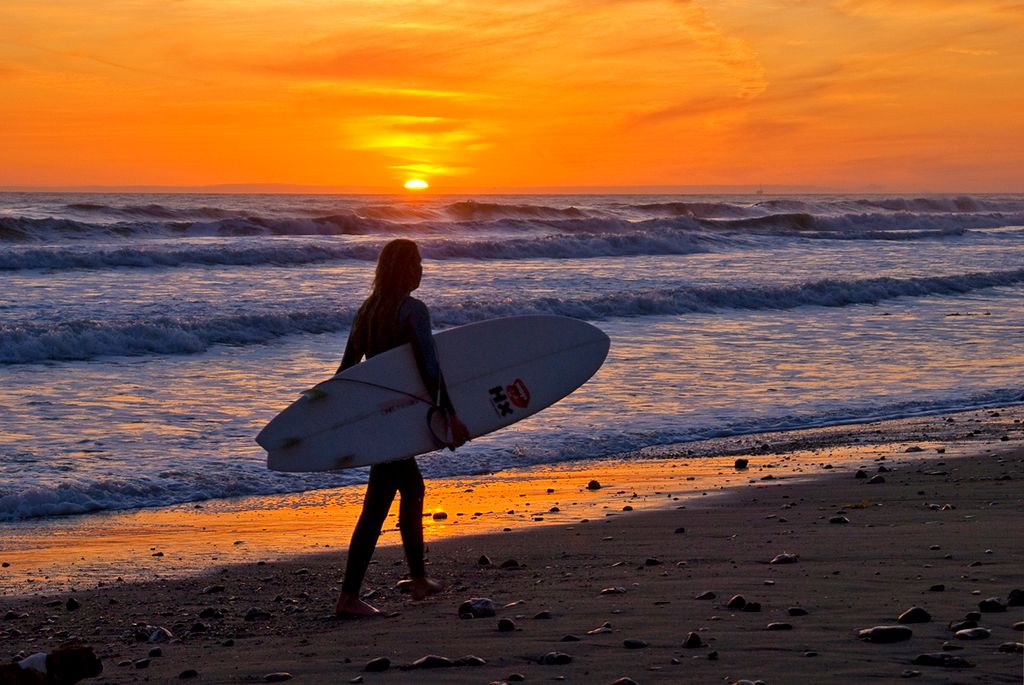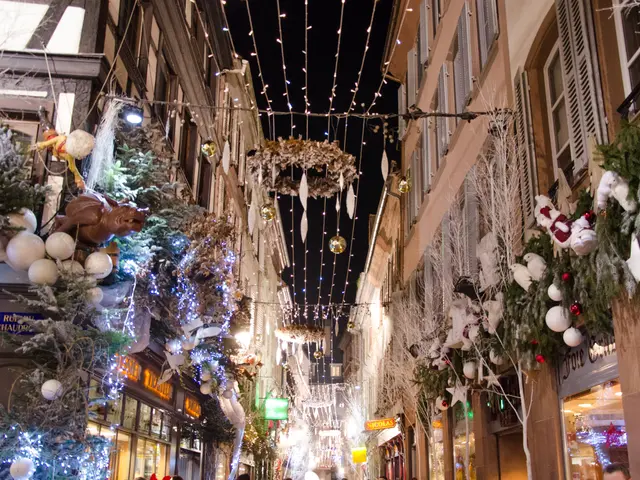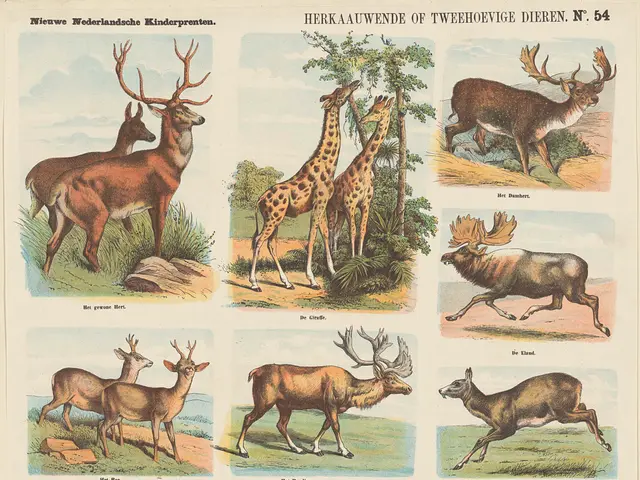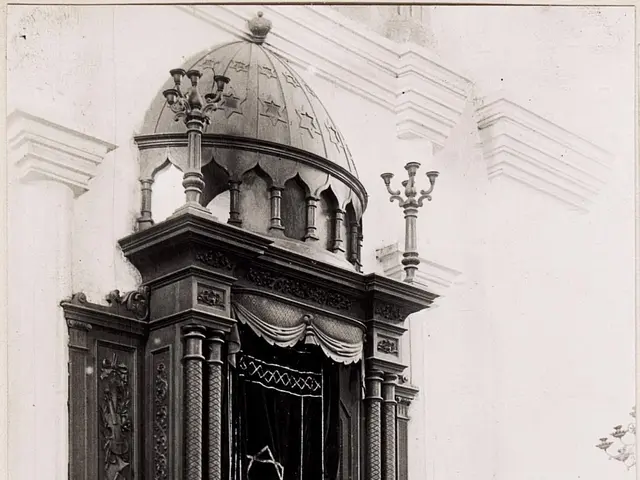Austria's Eco-Friendly Second Hub: Graz Strives for Sustainability
Graz, Austria - a city that flips your conventional notions of an Austrian metropolis. It's not quite as grandiose as Vienna, lacking the classical music heritage of Salzburg, or the Alps that surround Innsbruck. But that's part of its charm. It's a city with a certain enigmatic allure - hard to put a finger on, but there's no denying its pull.
The Mediterranean vibe is strong in this city, with pastel-hued courtyards adorned with olive trees and the clattering of trams and bicycle bells echoing through the pedestrianized streets. Twenty percent of its residents are students, keeping a youthful energy pulsating through its ancient heart. The council is even led by a communist mayor, adding to its unique flavor.
Graz is a city of paradoxes, where the old and new beautifully coexist. Its restaurants challenge everything you believe about Central European cuisine, focusing on fresh produce so much that farm-to-table dining is simply the norm. The city itself feels like a delightful retreat, inviting you to linger longer than you planned. Could it be the perfect destination for a sustainable city break?
Sustainability isn't just a buzzword in Graz; it's a way of life. With 60% of the city green spaces, it's easy to boast about its eco-friendly credentials, but it's the community's involvement that truly sets Graz apart. From up-cycling shops to zero-waste cafes, the locals are as passionate about living sustainably as they are about their city.
The moment I stepped off the train from South Bohemia, the extent of Graz's Reduce and Reuse mindset became clear. In search of warmer trousers, I was greeted by a plethora of second-hand clothing shops, outnumbering fast-fashion chains. The tram system, free in the city center, highlights the carbon usage of each journey, reinforcing the city's focus on walkability and environmentally-friendly transportation.
Graz is a city where simply existing is a pleasure. Its green spaces, car-free core, and welcoming atmosphere make you question why every city can't feel this way. Despite its compact size, the community spirit thrives, with 150 languages spoken and 1 in 5 residents being a student. Graz is as much a story of the past as it is of the present, with the Old Town still being residential and not overrun by holiday rentals, allowing the young and old to forge a life together.
In 2003, Graz was crowned the European Capital of Culture, shifting its focus from solely historical significance to an appreciation of modern urban design, making it only the second city on the continent to hold both World Heritage Status for its Medieval Old Town and UNESCO City of Design accolades, alongside Berlin. The city's forward-thinking architecture, design schools, and contemporary art scene are integral parts of its identity.
At its heart, Graz is a city of contrasts, where modernity melds seamlessly with tradition. Its architectural landscape is a testament to this, with the grand Opera House standing adjacent to the towering modern Statue of Liberty adorned with a sword. Graz's Historical Armory houses the largest collection in the world, a stark reminder of its tumultuous past. The Uhrturm, the city's emblem, serves as a symbol of its resilience, having been saved from Napoleon's troops by the community.
The 'Other Side' of Graz, the Lend district, is a vibrant, up-and-coming neighborhood that was once notorious for its history of crime and debauchery. The Murinsel, an artificial island connected by bridges, and the sleek Kunsthaus, the city's modern art gallery, have transformed the district, bringing a newfound sense of community and creativity. Neighboring Gries is still grappling with gentrification, preserving its artistic spirit and hosting community-focused festivals.
Foodies will find Graz a utopia, with an emphasis on locally-produced, sustainable, and organic ingredients. Farm-to-fork dining is the norm rather than an exception, with both quality and affordability prioritized. Vegan and vegetarian cuisine is abundant, and even fast food options are more adventurous and environmentally conscious than their chain counterparts.
Visiting Graz is an experience that encourages you to slow down and simply enjoy life. From its delicious food to its embracing community, the city offers a unique combination of history, culture, and sustainability - a perfect destination for anybody seeking a dose of authenticity and fresh air.
- In Graz, the council's leadership by a communist mayor, combined with the city's focus on farm-to-table dining and extensive green spaces, suggest a strong commitment to sustainable living and environmental science.
- The Mediterranean vibe in Graz extends to its lifestyle, where locally-produced, organic, and vegetarian cuisine prioritizes fresh produce, aligning with the trend of sustainable food and drink.
- As one wanders through the pedestrianized streets of Graz, pastel-hued courtyards filled with olive trees and the sound of trams and cyclists, one might imagine a home and garden setup that reflects a commitment to a sustainable living.
- Travelers seeking a city break with a difference might consider Graz, where the old and new coexist, offering a unique blend of historical charm, modern urban design, and a strong focus on sustainability, making it an ideal destination for climate-change conscious travelers.





